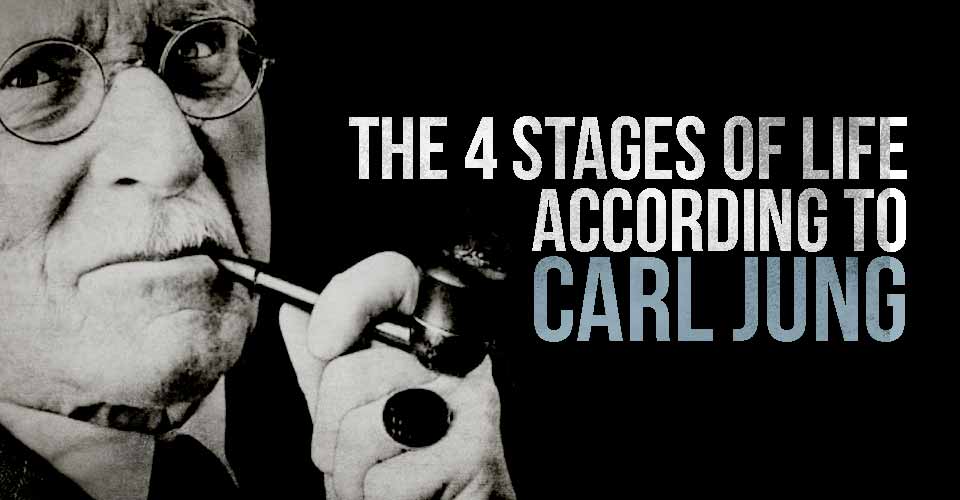As we wander through this journey that is life, we go through fundamental changes. Some people use terms like “quarter-life crisis” or “middle age” to define where it is we think we are in our lives along the way. To me, there aren’t destinations in life. There are milestones for sure, but we can often come back to the same places that we were before.
That is what I love about Swiss psychologist Carl Jung’s 4 Stages of Life. As he described them, these stages have to do with who we are as people and our motivations.
They have nothing to do with age or accomplishment, and throughout our lives we often move forward and backward from these stages. As Jung once said, “Thoroughly unprepared, we take the step into the afternoon of life. Worse still, we take this step with the false presupposition that our truths and our ideals will serve us as hitherto.
But we cannot live the afternoon of life according to the program of life’s morning, for what was great in the morning will be little at evening and what in the morning was true, at evening will have become a lie.”
These are the 4 stages of life, according to Carl Jung:
The Athlete
The athlete is the phase in our lives when we are at our most self-absorbed. There are people in our lives that have never made it out of this phase, or often revert back to it. Of the 4 stages, it tends to be the least mature. It is characterized by being obsessed with our physical bodies and appearance. For an example of the athlete phase, watch teenagers walk past a mirror. The athlete phase can be narcissistic, critical, or even both.
The Warrior
Moving forward in our lives, we reach the warrior phase. This is where we begin to take on responsibilities and get the desire to conquer the world. Well, maybe not the world for some of us, but this is when we become more goal oriented. All of the sudden we can see objectives that we want to accomplish and the vanity of the athlete phase begins to fade.
The warrior phase is really characterized by the struggles in our lives that early adulthood can throw at us. The warrior phase is also the most common pshase that people revert back to throughout their lives as they “re-invent” themselves.
The Statement
When the warrior phase in our lives is coming to an end, we find ourselves asking: “what have I done for others?” Your focuses shift from your personal achievements to accomplishing goals based on forwarding other people’s lives. This stage is often correlated to parenting, because your focus becomes providing a better life for your children, and what it is you need to do that.
The statement phase for many people is much more than a correlation to parenting, and more about leaving a legacy or a footprint in life. The statement phase is a time to reflect on what you have accomplished, and how you can continue moving forward – not just for you, but for the other people in your life. As far as maturity goes, the statement phase is a huge step forward from even the warrior phase.
The Spirit
The final stage of life is the spirit stage. In this stage, we realize that we are more than what we have accumulated – be it money, friends, possessions, good deeds, or milestones in life. We are spiritual beings. We realize that we are divine beings in a journey of life that has no real beginning and no end.
The spirit phase is characterized by a sense of “getting out of your own mind” and focusing on what is waiting for us beyond our physical beings. The philosopher Lao Tzu proposed a question over 2500 years ago that perfectly describes the spirit phase: “Can you step back from your own mind and thus understand all things? Giving birth and nourishing, having without possessing, acting with no expectations, leading and not trying to control: this is the supreme virtue.”



